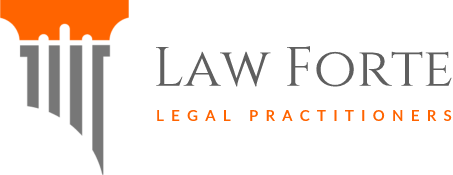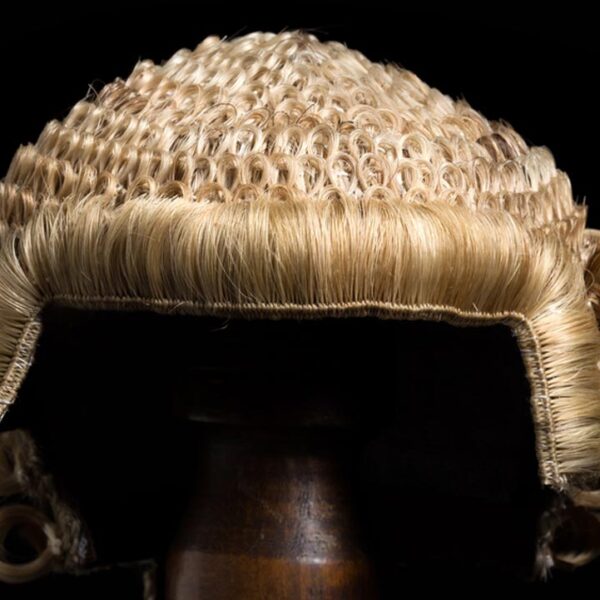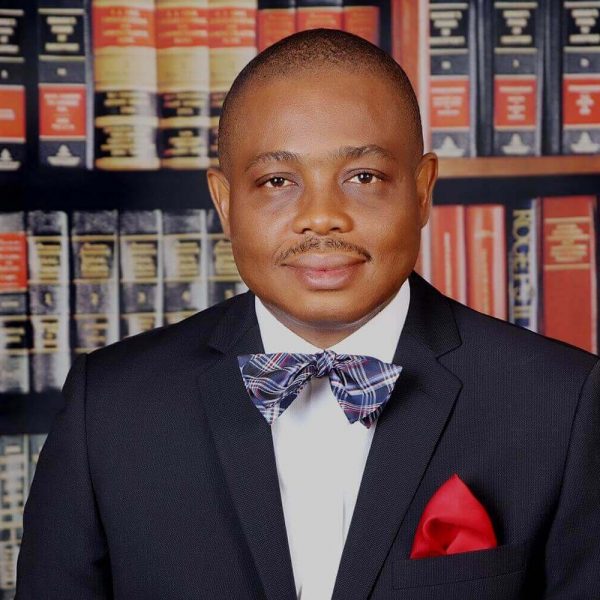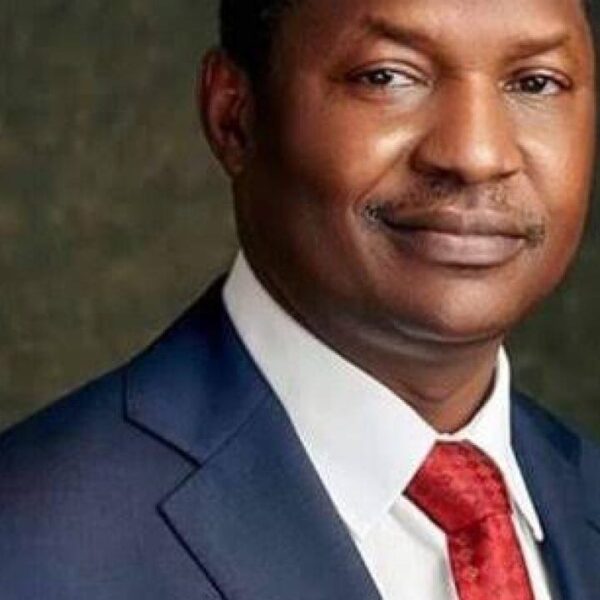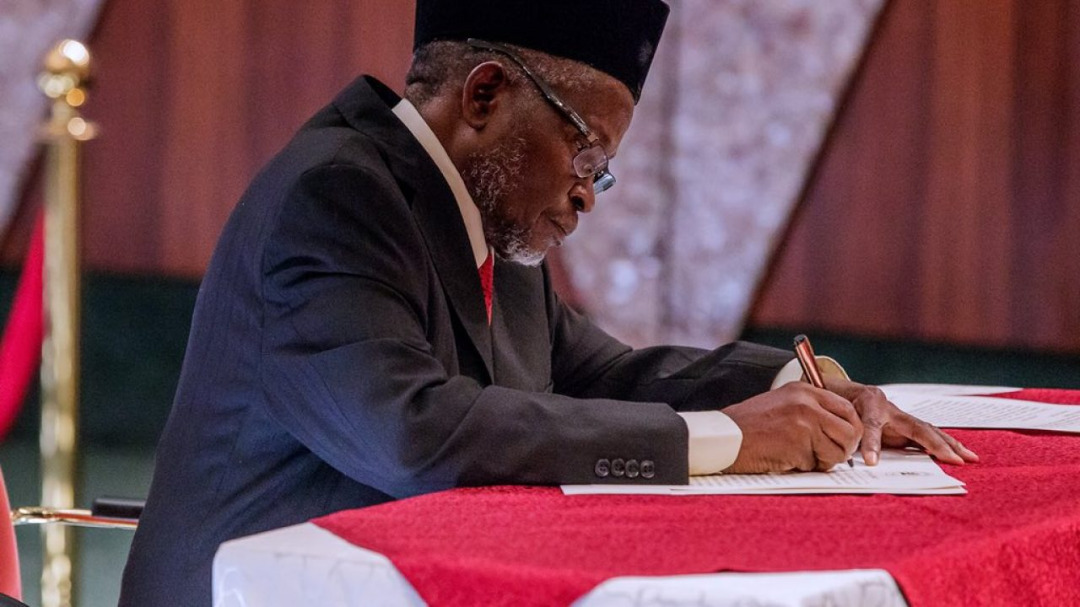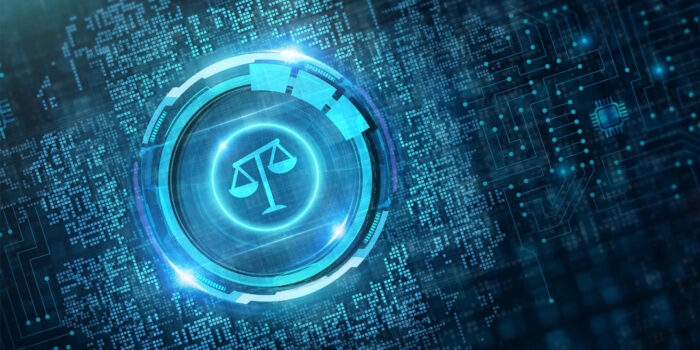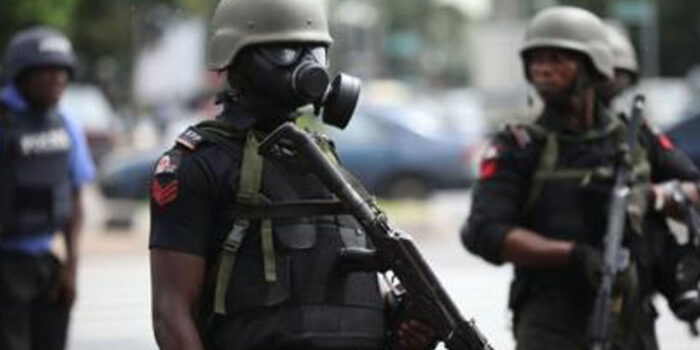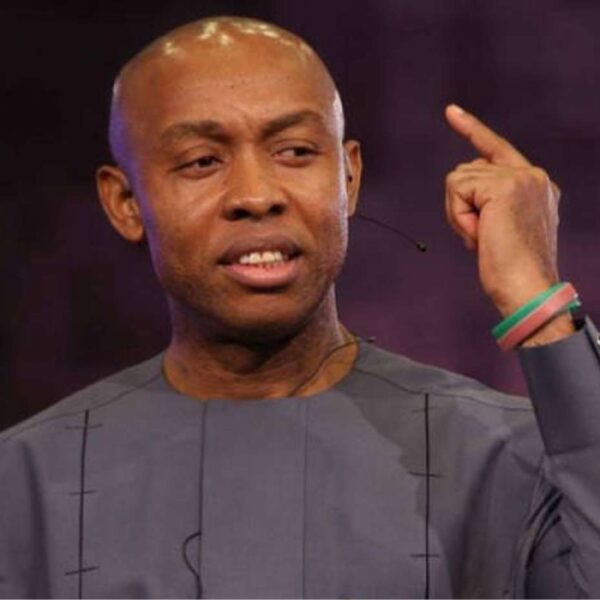After more than 170 comments bombarded the Supreme Court over the last three days, the court’s seven justices denied a petition to allow law school graduates to temporarily practice without passing the bar in an order issued late Wednesday.
The decision marks the end of a months-long debate over just how to handle the administration of the bar exam in the middle of a pandemic and paves the way for a remote essay-based test on Aug. 11 and 12.
The court approved an initial modification in May after the Board of Bar Examiners (BBX) proposed eliminating the use of the multiple-choice Multistate Bar Examination entirely and replacing it with an eight-question, open-book essay test.
Original plans for that modified test in July were pushed back, however, after technological glitches from the same vendor in Indiana spurred the Nevada BBX to re-examine the technology in use. The BBX would eventually push to switch to an old software used in the last three bar exams that lacked trouble-making verification and online streaming capabilities.
The court acknowledged those lingering technical issues, and in its order instructed the BBX to submit a “clarified and final set of applicant instructions” for court approval no later than Thursday and to provide for additional tech support during the test.
The order also allows for the rescheduling or refunding of test fees at no additional cost for those who cannot take the test next week.
Wednesday’s decision follows reports late Monday that another beta test of the software being used to administer the remote exam had experienced yet more technological hiccups.
According to one lengthy public comment left with the court from John Flanagan, an active-duty Airman at Nellis Air Force Base and recent graduate of the Boyd School of Law, his practice essay session was marred by slow scrolling, “laggy” typing and a six-minute loading delay that “ate up precious time” during the process.
On another section of the test, which requires the reading of several pages of information, Flanagan reported load times in excess of three to five minutes before scrolling would cause pages to disappear entirely — a problem which ultimately ate up roughly 45 minutes of limited test time.
“[Military] field testing is the gut check to most programs and contracts,” Flanagan wrote. “I have had to report non-compliance on many contracts. It is never easy to admit that something just will not work no matter the effort it took to get it to the field, but it does happen. With the Air Force it was lifes [sic] on the line. Here, it’s good people’s law licenses.”
The issue of the exam’s timing has also become a mounting frustration for many recent law school graduates, who cannot work before becoming barred and are left both with thousands in outstanding debts and no timeline for a new possible income stream.
“For the most part, while you’re studying, you can’t work because you’re sequestering yourself for 10 to 12 hours a day dedicating that to study,” Mayra Salinas, president of the Las Vegas Latino Bar Association, told The Nevada Independent. “So that’s time that you’re taking, not earning an income, while at the same time paying thousands of dollars to take an exam. It’s not cheap.”
Those issues, coupled with the ever-present health risks posed by the ongoing pandemic, had spurred the push for the temporary adoption of diploma privilege. Already in use by four states as a temporary pandemic measure and Wisconsin as a permanent one, diploma privilege would have allowed recent grads to practice under the supervision of a licensed attorney so long as they met certain academic benchmarks.
Proponents have argued the system would allow graduates to ease the increasingly dire financial burden of the pandemic while also allowing them to turn their focus to other necessary exams, such as the ethics-based Multistate Professional Responsibility Examination (MPRE).
But opponents — including the court and the state bar — have countered that the cancelation of the exam would remove a crucial quality control for the profession. In May, the court wrote, specifically, that diploma privilege “fails to adequately protect the public against practitioners who have not established minimal competence.”
SOURCE: Barrister NG – https://www.barristerng.com/supreme-court-rejects-petition-to-allow-law-school-graduates-practice-law-temporarily/
